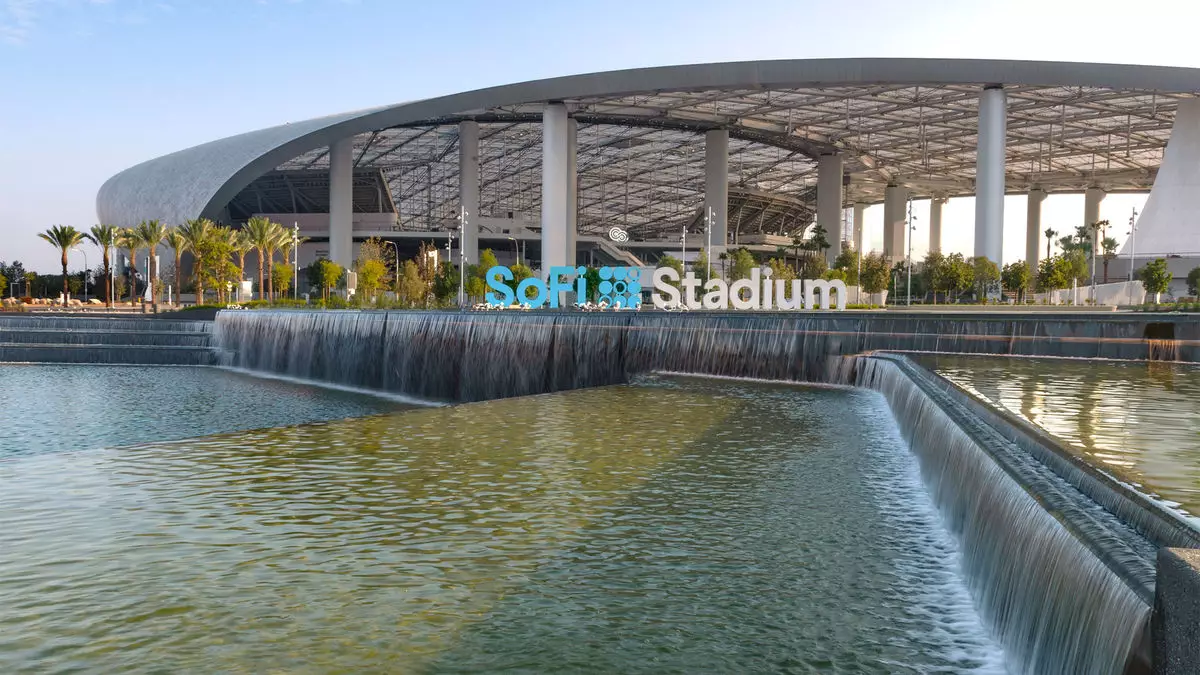As wildfires in California reach near-total containment, the tourism industry in Los Angeles is making a concerted effort to revive its image. During the recent Americas Lodging Investment Summit, key figures like Adam Burke, the CEO of the Los Angeles Tourism and Convention Board, underscored the importance of maintaining a welcoming atmosphere for visitors, even in the face of environmental challenges. This approach reflects a broader understanding within the tourism sphere: in times of crisis, the influx of tourists can provide substantial economic support, which is vital for recovery and revitalization.
The significance of tourism to Los Angeles cannot be overstated; before the pandemic, the city was a robust player in the leisure travel sector, generating approximately $30 billion from leisure tourism and an additional $25 billion from group business. However, as Burke pointed out, the city is still grappling with the aftermath of the pandemic, struggling to regain its visitation levels from 2019. The transient occupancy tax from hotels alone is projected to contribute over $300 million to the city’s general fund this year, revealing just how critical the hospitality sector is to Los Angeles’ overall economy. This reliance on tourism underlines the urgency for the city to reposition itself as a prime destination.
The hospitality industry’s response to recent disasters has been commendable, showcasing its integral role in community support. Rosanna Maietta, the CEO of the American Hotel & Lodging Association, highlighted the altruistic efforts of L.A. hotels that stepped up during the crisis. By offering millions in donations and providing shelter to evacuees and first responders, the industry has not only contributed to recovery efforts but also fostered a sense of solidarity within the community. This collective action reinforces the notion that amid devastation, the spirit of togetherness can shine through, proving to both locals and visitors alike that Los Angeles is a city that cares.
During the summit, Jeff Higley’s invitation for attendees to engage in volunteer efforts showcased a proactive approach to community involvement. Participants were encouraged to create care kits for first responders, highlighting an empowering narrative about doing good while rebuilding the city’s image. This initiative not only supports first responders but also fosters deeper connections between tourists and local residents, making for a more enriching experience for everyone involved. Events like these can help shift the focus from the challenges faced to the determination to overcome them — enhancing ties that bind the community together.
Carolyn Beteta, CEO of Visit California, acknowledged that while the Golden State struggles with negative branding, particularly from news related to natural disasters and social media narratives, the state’s stunning appeal remains unmatched. California’s size and diverse offerings make it a powerhouse for tourism. The challenge lies in combating unfavorable perceptions while highlighting the state’s richness in experiences. Beteta’s insights resonate with the broader narrative of perseverance, as tourism leaders seek to reshape California’s image and reaffirm its status as a premier travel destination.
Looking ahead, the Los Angeles tourism sector is positioned for growth, particularly with the upcoming global events such as the 2026 FIFA World Cup and the 2028 Summer Olympics. These major events promise a significant influx of tourists, raising the immediate need for additional hotel capacities. Burke’s emphasis on this necessity signals a critical juncture for the city as it prepares for higher visitor numbers. The prospect of hosting not only sports events but also cultural gatherings presents a unique opportunity for Los Angeles to showcase its resilience, creativity, and, above all, its hospitality.
The recent discussions from the Americas Lodging Investment Summit shine a light on the tenacity of Los Angeles’s tourism sector. While complexities surrounding the industry’s recovery persist, the collective spirit of the community, coupled with optimism for the future, serves as a foundation for rejuvenation. By addressing challenges head-on and fostering collaboration, Los Angeles can emerge stronger, signaling to the world that it is not just a city of attractions, but a city of triumph. Whether it’s through charitable initiatives, strategic marketing, or preparations for significant upcoming events, Los Angeles is positioning itself to welcome visitors back with open arms and a resilient spirit.


Leave a Reply